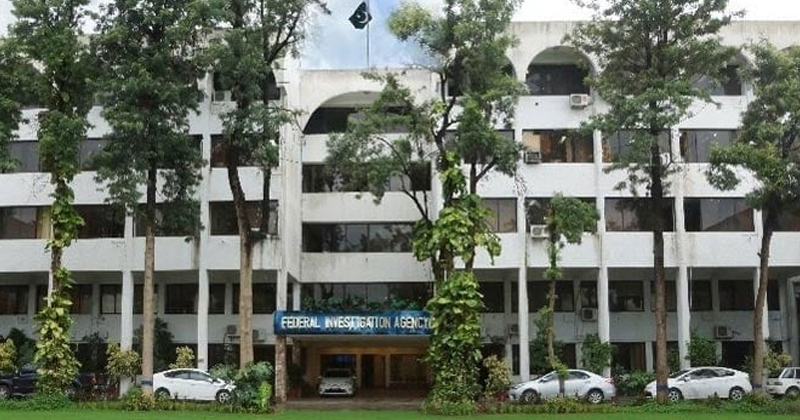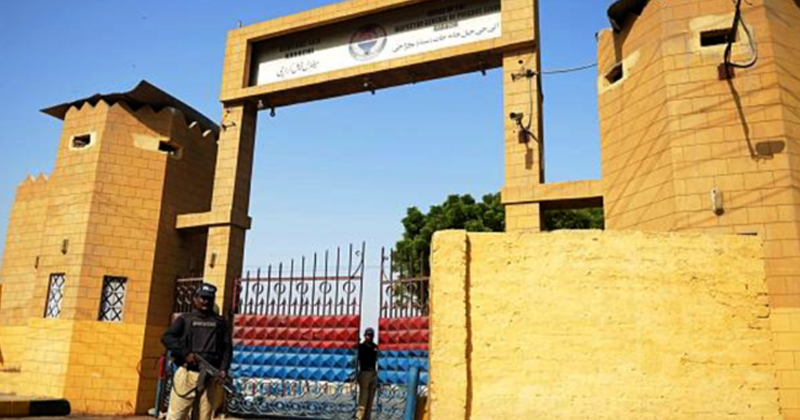The UAE economy is a transitional economy that attempts to diversify away from hydrocarbon-based to non-hydrocarbon-based economic growth. One of the main constraints during the transition is the scarcity of skilled knowledge workers from the local population while there is abundant supply of imported mostly unskilled foreign workers.
In the UAE, it is estimated that there are more than 4 million foreign laborers that work in around 260,000 private establishments. The large influx of foreign workers can be attributed to many factors, among them the high economic growth which is financed by the increasing oil revenue since the early seventies and which has led to excess demand for labor that cannot be met by domestic workers. However, over the years, this economic growth continues to rely largely in the non-oil sector on cheap foreign workers who have low reservation wages and coming especially from Asian countries which have excess supply of labor.

The overall average annual administrative and recruitment costs per worker are estimated at around 2.674 AED in general, and at 3,404 AED for skilled workers and 2,296 AED for unskilled workers. Wages and cash and non-cash benefits are estimated at around 41,000 AED annually per workers in general. This cost for a skilled worker is close to 7 times that for an unskilled worker (129,302 AED to 18,925 AED annually). The overall social cost, which is assumed to be the same across sill levels, is estimated around 14,066 AED per foreigner. However, a across skill levels, is estimated around 14,066 AED per foreigner. However, a foreigner pays around 2,507 AED annually in various fees to government departments on average.
Therefore, the average annual social cost per foreigner can be estimated at around 11,559 AED after accounting for fees paid to the government. Overall, the total annual cost of labor is estimated at around 55,000 AED in general, and around 144,000 AED for a skilled worker and 33,000 AED for an unskilled worker.
The cost of employing foreign workers can be divided into three types:

Combining all kinds of costs, the annual cost for a foreign worker in the UAE is around 55,234 AED. 5% of this cost is attributed to recruitment and administrative activities, 74% to wages and salaries and other in-kind benefits, and 21% is the monetary value of the indirect cost to society.
Source: Salary for foreign workers in UAE
In the UAE, it is estimated that there are more than 4 million foreign laborers that work in around 260,000 private establishments. The large influx of foreign workers can be attributed to many factors, among them the high economic growth which is financed by the increasing oil revenue since the early seventies and which has led to excess demand for labor that cannot be met by domestic workers. However, over the years, this economic growth continues to rely largely in the non-oil sector on cheap foreign workers who have low reservation wages and coming especially from Asian countries which have excess supply of labor.

The overall average annual administrative and recruitment costs per worker are estimated at around 2.674 AED in general, and at 3,404 AED for skilled workers and 2,296 AED for unskilled workers. Wages and cash and non-cash benefits are estimated at around 41,000 AED annually per workers in general. This cost for a skilled worker is close to 7 times that for an unskilled worker (129,302 AED to 18,925 AED annually). The overall social cost, which is assumed to be the same across sill levels, is estimated around 14,066 AED per foreigner. However, a across skill levels, is estimated around 14,066 AED per foreigner. However, a foreigner pays around 2,507 AED annually in various fees to government departments on average.
Therefore, the average annual social cost per foreigner can be estimated at around 11,559 AED after accounting for fees paid to the government. Overall, the total annual cost of labor is estimated at around 55,000 AED in general, and around 144,000 AED for a skilled worker and 33,000 AED for an unskilled worker.
The cost of employing foreign workers can be divided into three types:
- Administrative and recruitment costs: this type represents all kinds of fees that companies pay to different ministries and departments to import workers and giving them the legal status to work in the UAE, in addition to costs that are paid by those companies for human resources activities related to the employment of those workers.
- Labor variable costs: they represent wages and salaries and all financial and in-kind benefits that are related to workers.
- Social costs: they represent all direct and indirect costs that are borne by local and federal governments and society for the employment of workers.

Monthly real contract wages in the UAE 1990-2010
As expected, annual human resources and recruitment costs are also relatively low in the overall cost of labor, around 1% across skill levels, as the job market in the UAE is very attractive, which reduces the cost of hiring. The existence of large number of recruitment agencies, especially for unskilled workers, may also have an impact on the los cost of hiring for private companies.Combining all kinds of costs, the annual cost for a foreign worker in the UAE is around 55,234 AED. 5% of this cost is attributed to recruitment and administrative activities, 74% to wages and salaries and other in-kind benefits, and 21% is the monetary value of the indirect cost to society.
Source: Salary for foreign workers in UAE




































